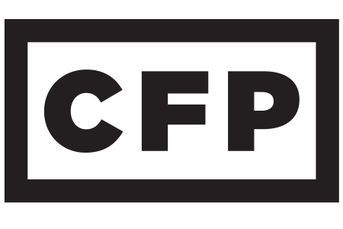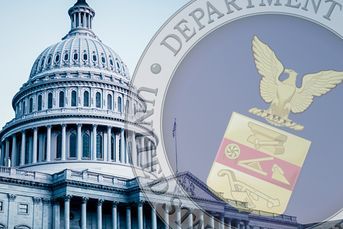Financial advice industry has a role in opioid crisis
It's up to financial advisers to keep clients safe from financial fraud or exploitation at the hands of a loved one who is trapped in the clutches of addiction.
A growing number of clients — and their families — are at risk of financial ruin.
It is time for financial advisers to open their eyes to the corpse-littered wasteland that defines the national opioid crisis, and take steps to keep clients safe from financial fraud or exploitation at the hands of a loved one who is trapped in the clutches of addiction. It is time to protect clients from themselves — from their natural instinct to do whatever it takes to shield their son, daughter or grandchild from the devastating consequences of addiction, even if it means draining their own financial resources to the point where nothing is left when and if the addict is ready to get help.
Drug overdoses killed more than 52,000 people in the U.S. in 2015, according to the Centers for Disease Control and Prevention. That’s a rate of 144 people a day.
As InvestmentNews reporter Greg Iacurci and contributing editor Elizabeth MacBride report, financial advisers stand on the front lines of the nation’s opioid epidemic. About 36% of advisers have had clients who themselves were addicted or had family members addicted to opioids, according to an InvestmentNews survey of more than 400 advisers.
FINANCIAL PLAN
Clients look to advisers when evaluating treatment programs or putting in place a financial plan that supports recovery but doesn’t enable the addiction.
They also look to financial advisers for emotional support: to be the voice of calm, reason and compassion in the midst of chaos and confusion.
Unfortunately, the vast majority of advisers — 81.7% — have had no formal training in how to recognize and navigate opioid addiction involving a client or a client’s family member.
(Watch: Can advisers save clients from the financial ravages of opioid addiction?)
Addiction to opioids, such as heroin and pain medications, is more complex than addiction to other substances. Opioid addiction is considered a chronic brain disease. It leads to fundamental, long-term changes to the biological structures and functioning of the brain. Most brain diseases have some form of behavioral expression. People with Alzheimer’s disease, for example, experience profound memory loss. Opioid addicts experience intense and often uncontrollable cravings for more opioids. As a result, they will do almost anything — steal, lie, cheat, manipulate — to satiate those cravings, even if it means jeopardizing their own financial security or the security of a loved one.
Last week, a presidential commission formed to look at the nation’s opioid crisis called on President Donald J. Trump to declare a national emergency. Doing so would empower the federal government to be more aggressive in its efforts to thwart the epidemic. For example, it would allow the government to modify requirements for health-care programs like Medicaid and Medicare to make it easier for patients to seek treatment for addiction.
The commission also called for updated training on opioid prescribing in medical and dental schools, and expanded access to and training on naloxone, which is widely used to reverse opioid overdoses.
The financial advice industry also should consider ways to respond to the opioid epidemic.
DEVELOP GUIDELINES
It’s time for leading industry groups like the Certified Financial Planner Board of Standards Inc., the Financial Planning Association and the National Association of Personal Financial Advisors to develop guidelines and educational curricula that will teach advisers how to spot instances of fraud, manipulation or poor financial judgment due to opioid addiction.
(More: Opioid addiction poses moral, legal challenges for financial advisers)
Likewise, broker-dealers and registered investment advisory firms should develop protocols to deal specifically with opioid addiction. They also should invest in formal training so their advisers are better equipped to deal with this massive problem.
And financial advisers should develop a compassionate and holistic game plan for helping clients cope with a loved one’s opioid addiction. Imagine how grateful a client would be for something as simple as a list of reputable treatment facilities in their area, or a phone call to check on their emotional well-being.
Today, 144 families will learn that someone they loved just died as the result of an overdose.
Learn more about reprints and licensing for this article.








